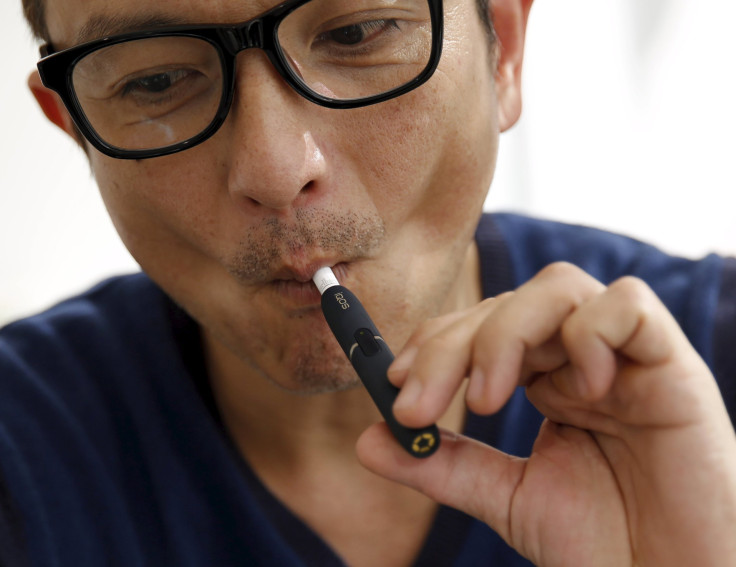Study Finds CBD Could Help Tobacco Smokers Quit
Tobacco is undeniably addictive, with scientific research reporting that compulsive behavior is mainly due to nicotine. The toxic substance that acts as a stimulant causes the release of dopamine in the brain, giving people a good feeling every time they use tobacco.
A new federally funded study published in the journal Chemical Research in Toxicology found a way to reduce tobacco cravings by targeting nicotine using cannabidiol (CBD). Washington State University (WSU) researchers looked at the effects of non-intoxicating CBD on nicotine metabolism and noticed that the substance could counter the main addictive component of tobacco products.
The research team explored CBD’s effects on nicotine after noticing the increase in the usage of cannabis-based products alongside tobacco products. They said only a few studies examined the ability of CBD to inhibit the enzymes involved in nicotine metabolism, so their goal was to evaluate the drug-drug interactions between CBD and nicotine in the latter’s metabolism pathway.
The researchers found that low doses of CBD significantly inhibited an important enzyme in the metabolism of nicotine in the body. When nicotine is not metabolized, the “good feeling” is not unlocked during tobacco use. Such change could help stave off the tobacco cravings of users.
“The whole mission is to decrease harm from smoking, which is not from the nicotine per se, but all the carcinogens and other chemicals that are in tobacco smoke. If we can minimize that harm, it would be a great thing for human health,” senior author Philip Lazarus, WSU professor of pharmaceutical sciences, said in a press release.
CBD inhibited several enzymes involved in nicotine metabolism, based on the team’s experiments. Relatively low-dose concentrations were also effective in inhibiting the enzyme CYP2A6, the major enzyme involved in the process, by 50%. “In other words, it appears that you don’t need much CBD to see the effect,” noted Lazarus.
Further research involving human subjects is needed to establish the findings of the study conducted with support from the National Institutes of Health’s National Institutes of Environmental Health Sciences. Lazarus’s team is already developing a clinical study as a follow-up.




























